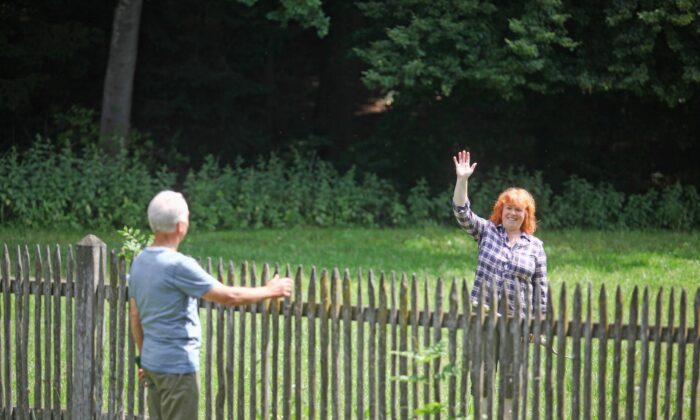
Posted on 03/23/2020 8:03:22 PM PDT by BenLurkin
The dynamics of electrons change ever so slightly on each interaction with a photon. Physicists at ETH Zurich have now measured such interplay in its arguably purest form—by recording the attosecond-scale time delays associated with one-photon transitions in an unbound electron.
The photoelectric effect, whereby photons impinging on matter cause the emission of electrons, is one of the quintessential effects of quantum mechanics. Einstein famously explained the key mechanism underlying the phenomenon in 1905, earning him the 1921 Nobel Prize in Physics. He built on a concept introduced five years earlier by Max Planck: Electromagnetic energy is absorbed and emitted only in discrete packets—that is, in quanta. The quantum concept revolutionized physics. The photoelectric effect, for its part, has been explored in ever greater detail, and is today exploited in applications ranging from solar cells to night-vision goggles.
...
The photoelectric effect, whereby photons impinging on matter cause the emission of electrons, is one of the quintessential effects of quantum mechanics. Einstein famously explained the key mechanism underlying the phenomenon in 1905, earning him the 1921 Nobel Prize in Physics. He built on a concept introduced five years earlier by Max Planck: Electromagnetic energy is absorbed and emitted only in discrete packets—that is, in quanta. The quantum concept revolutionized physics. The photoelectric effect, for its part, has been explored in ever greater detail, and is today exploited in applications ranging from solar cells to night-vision goggles.
(Excerpt) Read more at phys.org ...

An attosecond is a LOT shorter than an “in a second”.
Amazing stuff!
Great post! I have been debating what to teach my 10 year old since school is out for the rest of the year! Particle physics is interesting!

Would Heisenberg be OK with this?
"An attosecond is 1×10 −18 of a second (one quintillionth of a second). For context, an attosecond is to a second what a second is to about 31.71 billion years."
Can any human being really conceive of this time-span?
That's some superb measuring.
An attosecond is to a second what a second is to 31.71 billion years.

I'm not certain, on principle.
This work illustrates that 115 years after Einstein's seminal work, the photoelectric effect does not cease to inspire.



Quantum entanglement is known to be the exchange of quantum information between two particles at a distance...
Well done!
So that is sort of like sex. It is over too soon.
And then you are old. ...... Well, that is what a friend told me.
Maybe we should stick to happy posts about Coronavirus.
An Attosecond is nice, but not as nice as the first attaboy.
Would Heisenberg be OK with this?
That’s uncertain...
Yep! In the old days when you attended a Catholic school run by the nuns, according to my wife when the nun told you to do something and if you responded with "in a second", the attosecond was the amount of time before that ruler cracked you on the shoulder...
Which means the attosecond was well documented back in the 1940's, at least...
Maybe.
Disclaimer: Opinions posted on Free Republic are those of the individual posters and do not necessarily represent the opinion of Free Republic or its management. All materials posted herein are protected by copyright law and the exemption for fair use of copyrighted works.